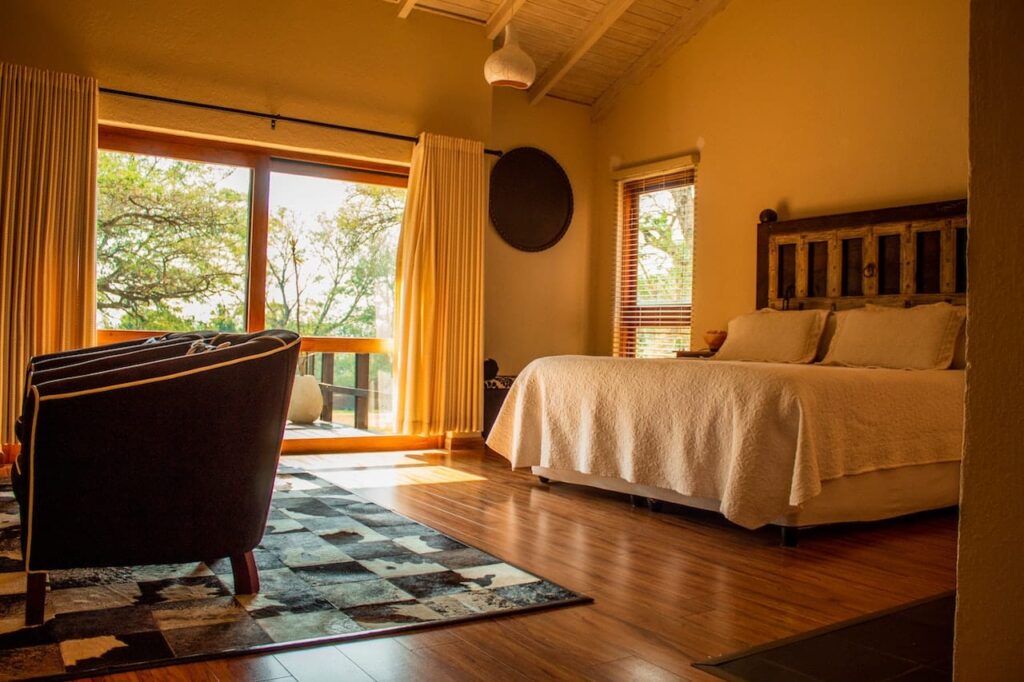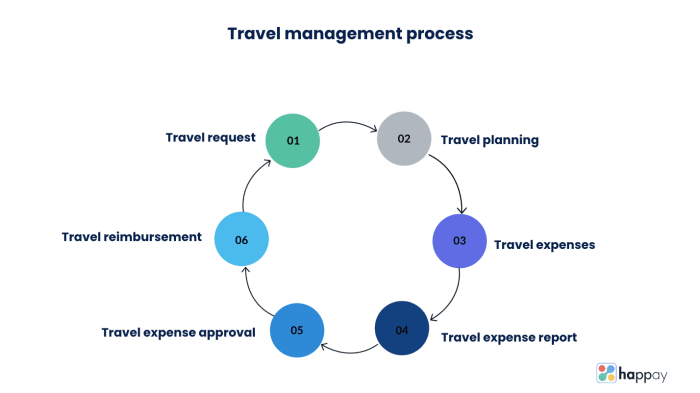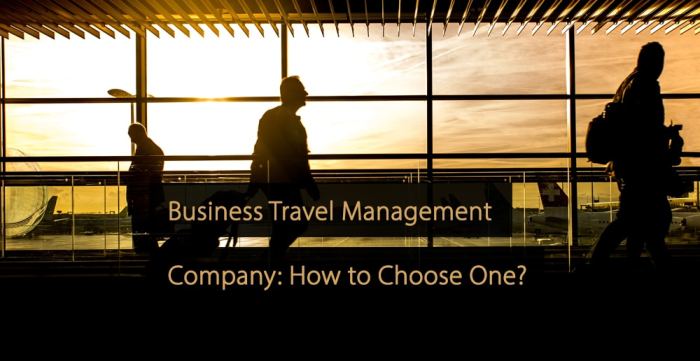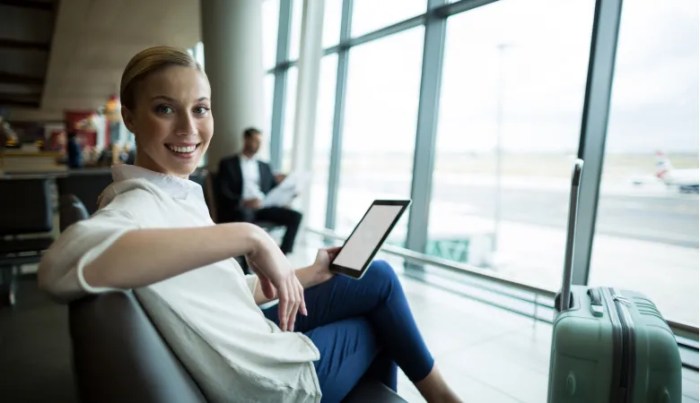Corporate Lodging Services A Comprehensive Guide
Corporate lodging services are essential for smooth business travel. This guide explores the current market landscape, focusing on optimizing the traveler experience and leveraging technology to enhance efficiency and cost savings for companies. From understanding key trends to selecting the best lodging options, we’ll delve into strategies for minimizing disruptions and maximizing satisfaction.
The evolving needs of corporate travelers, the competitive landscape of lodging providers, and the transformative impact of technology are all critical components of a successful corporate lodging program. We’ll provide a detailed overview of the industry, offering practical insights and actionable strategies.
Corporate Lodging Service Landscape

Source: globeo.com
The corporate lodging service market is a dynamic and evolving sector, crucial for businesses seeking cost-effective and convenient accommodations for their employees. This market caters to a broad spectrum of needs, from budget-conscious stays to premium experiences, and is shaped by ongoing technological advancements and shifting traveler preferences.
The industry is experiencing significant transformation, driven by factors such as the rise of remote work, increased focus on sustainability, and the expectation of personalized experiences from corporate travelers. These developments are prompting providers to innovate and adapt their offerings to meet the evolving demands of the modern business traveler.
Current Market Overview
The corporate lodging sector is currently characterized by a mix of established players and emerging startups. Major players are leveraging their extensive networks and economies of scale to maintain market dominance. Smaller, more agile companies are gaining traction by offering specialized services and customized solutions, particularly for niche markets like sustainable travel or remote work accommodations. Competition is intense, with providers continually vying for market share by enhancing their services and improving customer satisfaction.
Key Trends and Developments
Several key trends are reshaping the corporate lodging landscape. The increasing adoption of flexible work arrangements and remote work models is changing travel patterns, resulting in a need for more diverse lodging options. Sustainability is becoming a significant factor, with companies prioritizing eco-friendly accommodations and travel practices. Technology is also playing a crucial role, with digital platforms streamlining booking processes, offering personalized recommendations, and facilitating real-time communication.
Evolving Needs and Expectations of Corporate Travelers
Corporate travelers are demanding more personalized and tailored experiences. They seek accommodations that align with their specific needs and preferences, from accessibility features to amenities that support productivity. Efficiency and ease of booking are paramount, with a preference for seamless digital interactions and streamlined processes. Corporate travelers are also increasingly interested in sustainable options and experiences that align with their values.
Major Players and Competitive Advantages
Several major players dominate the corporate lodging market. Companies like Hilton, Marriott, and Hyatt, with their established brand recognition and global presence, offer extensive networks and a range of services. Smaller, specialized lodging providers are gaining traction by focusing on niche markets and tailoring their services to meet the unique needs of specific industries or company segments. Their competitive advantages often include personalized service, specialized amenities, and tailored pricing structures.
Lodging Service Provider Comparison
| Provider Name | Services Offered | Pricing Models | Customer Reviews |
|---|---|---|---|
| Hilton Corporate Lodging | Extensive global network, various room types, flexible booking options, and business-centric amenities. | Negotiated corporate rates, tiered pricing, and volume discounts. | Generally positive, highlighting ease of booking, wide selection, and good value. |
| Marriott Bonvoy Business | Wide range of properties, priority access, exclusive events, and tailored travel packages. | Negotiated corporate accounts, dynamic pricing, and rewards programs. | Positive feedback regarding customer service, flexible booking, and loyalty programs. |
| Airbnb for Business | Wide selection of unique and local accommodations, flexibility in room types, and potential cost savings. | Negotiated corporate rates, per-night pricing, and discounts for multiple bookings. | Positive reviews emphasizing unique experiences and cost-effectiveness, mixed reviews on reliability and quality control. |
Optimizing the Corporate Lodging Experience

A seamless and efficient lodging experience is crucial for corporate travelers. Positive experiences foster productivity and reduce stress, allowing employees to focus on their work and contribute effectively to the company. A well-managed lodging process streamlines operations and improves the overall perception of the company.
A positive corporate travel experience is more than just comfortable accommodations. It encompasses a comprehensive approach that anticipates travelers’ needs, proactively addresses potential issues, and fosters a sense of care and appreciation. This includes clear communication, efficient booking processes, and readily available support. Well-defined procedures and standardized processes are key to creating a smooth, positive experience.
Importance of a Seamless Lodging Experience
A smooth lodging experience is paramount for corporate travelers. It directly impacts their productivity, job satisfaction, and overall impression of the company. A positive experience reduces stress and frustration associated with travel arrangements, enabling employees to focus on their work assignments and achieve their objectives. By minimizing travel disruptions, companies demonstrate a commitment to employee well-being and contribute to a positive corporate culture.
Factors Contributing to a Positive Traveler Experience
Several factors contribute to a positive lodging experience. These include convenient booking platforms, clear communication channels, prompt responses to inquiries, and readily available support for travelers facing issues. Consistent quality across accommodations, pre-trip communication, and the provision of necessary amenities all contribute to a positive experience. Furthermore, personalized service tailored to the specific needs of each traveler significantly enhances their experience.
Strategies for Minimizing Travel Disruptions and Maximizing Traveler Satisfaction
Travel disruptions can significantly impact productivity and morale. Proactive measures, such as comprehensive travel policies and readily available support channels, can mitigate potential issues. Utilizing technology for real-time updates and efficient communication channels is essential. Effective communication with travelers throughout the booking and travel process can help identify and address potential problems promptly. Standardized procedures and clear expectations for travelers and accommodation providers minimize errors and enhance overall satisfaction.
Process for Booking Corporate Lodging
A well-structured booking process is vital for optimizing the corporate lodging experience. The process should encompass the following steps:
- Initial Request: Employees submit requests for lodging, specifying dates, location, and any specific requirements.
- Booking Approval: Management approves or adjusts the booking requests, considering budget constraints and company policies.
- Booking Confirmation: The lodging provider confirms the booking and sends relevant details, including contact information for support.
- Travel Updates: Updates and reminders are sent to travelers regarding their lodging arrangements.
- Post-Trip Feedback: Gathering feedback from travelers allows for continuous improvement in the lodging process.
Careful consideration should be given to factors such as the traveler’s needs, budget, and company policies to ensure a cost-effective and satisfactory experience.
Lodging Options for Corporate Needs
Different corporate needs require tailored lodging options. The table below illustrates various lodging options and their suitability for different corporate needs.
| Lodging Type | Features | Price Range | Suitability |
|---|---|---|---|
| Luxury Hotels | High-end amenities, premium service, and exceptional facilities | High | Executive meetings, high-profile events, and important clients |
| Boutique Hotels | Unique design, personalized service, often in vibrant locations | Mid-range | Meetings that need a distinctive setting, teams working in a specific area |
| Conference Centers | Meeting rooms, catering services, potentially with on-site dining | Mid-range to High | Large conferences, training sessions, or events requiring specific facilities |
| Corporate Housing | Apartments or houses, providing more space and privacy | Mid-range to High | Extended stays, teams working remotely, or when more space is needed |
Technological Advancements in Corporate Lodging: Corporate Lodging Services

Source: globeo.com
The corporate lodging industry is undergoing a significant transformation driven by technological advancements. These innovations are reshaping the traveler experience, streamlining operations, and fostering greater cost-effectiveness for businesses. This evolution is impacting every aspect of corporate travel, from initial booking to post-trip reporting.
Technological advancements have created opportunities for businesses to optimize their travel programs and enhance the experience for their employees. This includes not only increased convenience but also more efficient management of budgets and data. By leveraging technology, companies can gain valuable insights into their travel spending and identify areas for potential cost savings.
Impact of Online Booking Platforms
Online booking platforms have become indispensable tools for corporate travelers and travel managers. These platforms offer a centralized repository for managing bookings, providing real-time updates, and facilitating communication between the traveler, the travel manager, and the hotel. The ability to compare prices and amenities across multiple hotels significantly streamlines the booking process. This ease of access also empowers travelers to make informed decisions and choose accommodations that best suit their needs.
Role of Mobile Applications
Mobile applications have revolutionized the way corporate travelers interact with their lodging arrangements. These applications provide travelers with immediate access to crucial information, such as booking details, hotel contact information, and local recommendations. The real-time updates and accessibility through mobile devices enhance the convenience and control of the entire experience, whether it’s pre-trip planning or on-site management. This responsiveness is particularly valuable in emergencies.
Innovative Technologies for Efficiency and Cost Savings, Corporate Lodging Services
Innovative technologies are being deployed to streamline operations and optimize cost savings for corporate lodging programs. Travel management systems (TMS) integrate seamlessly with booking platforms, providing comprehensive travel data and analytics. This integrated approach enables organizations to track expenses, identify trends, and make informed decisions about future travel arrangements. Machine learning algorithms can analyze past travel patterns to suggest optimal booking choices, potentially leading to substantial cost reductions.
Comparison of Online Booking Platforms
Several online booking platforms cater to the corporate travel market. Each platform offers unique features, functionalities, and pricing models. Some prominent platforms provide comprehensive reporting tools, while others specialize in specific regions or hotel types. Careful consideration of these differences, alongside factors such as the size and complexity of the travel program, is crucial in selecting the most suitable platform. Factors to consider include user interface, security features, and the breadth of available hotels.
Corporate Lodging Management Software
Effective corporate lodging management relies on specialized software. These systems provide a central hub for managing bookings, tracking expenses, and generating reports. A well-chosen system significantly enhances the efficiency and accuracy of travel programs. The right software can streamline tasks, automate processes, and provide detailed insights into travel patterns and spending habits.
| Software Name | Features | Pricing | User Reviews |
|---|---|---|---|
| Concur | Comprehensive travel management, robust reporting, and expense tracking | Variable, based on usage and features | Generally positive, highlighting ease of use and reporting capabilities |
| Sabre | Extensive hotel inventory, strong integration with other travel systems | Variable, based on usage and features | Positive feedback regarding the breadth of features and integration |
| Travelport | Wide range of hotels and suppliers, powerful booking engine | Variable, based on usage and features | Positive feedback on flexibility and comprehensive coverage |
Conclusive Thoughts

In conclusion, optimizing corporate lodging services involves a multifaceted approach. By understanding the market dynamics, prioritizing the traveler experience, and leveraging technological advancements, companies can significantly enhance their travel programs. The insights presented here offer a practical roadmap for developing a robust and cost-effective lodging strategy.





